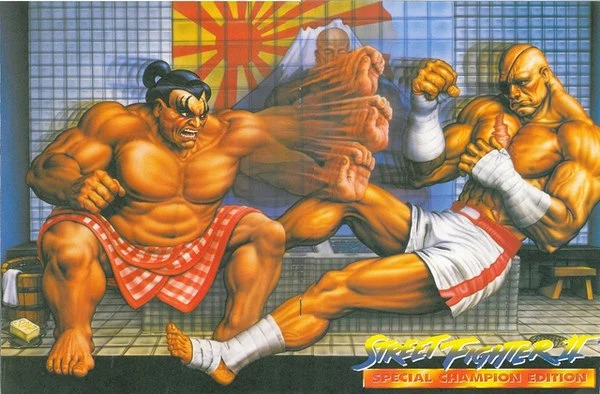Just recently I was in a conversation with a number of UK mainlanders and we had a debate over what "tories" meant, apparently disproportionately ordinarily it refers to a political party and it's not usual to use it as short for "territories" as I've used it (according to how the debate ended, it was half and half between them). And once again I'm reminded of how people feel to look back at their usage of a word/phrase over the years and cringe.
More tragically, me and a friend were embarrassed once upon realizing everyone was confusing "encephalitis" with "hydrocephalus" when talking to someone about their kid with hydrocephalus. Awkward because encephalitis is caused by HIV.
Freedom.
Apparently where I live it means torture people till they off themselves.
Curious now to know where you live. That sounds like a rough culture.
I happily described a nice coffee shop as "kitschy" to the guy behind the counter and quickly learned from his reaction that it isn't the synonym for "artsy" that I thought it was.
It means "a naive imitation" for anyone who's ears are turning red now. Puts on a wool cap.
I thought something similar about the word "campy", as in something so dry it becomes its own style.
I thought phallic (fálico) meant flawed (falho) and used it so much. I cringe when I remember this 😭
Penultimate. I used it as though it referred to the last thing rather than the second to last thing.
ages ago, i spent something like half a year thinking there was a word "appericate". it was an odd one, since i only ever saw it in print, and from context it was clear that it meant the same thing as "appreciate", which, oddly enough, i only ever heard in speech.
and then one day i stopped at an "appericate" in a book and re-read it 9 times, very slowly.
Not a word but I thought the idiom toe the line meant basically the same as push the envelope. As in you're testing the boundaries of something by walking right up to the line and nudging it with your toe to move it further.
Turns out it means pretty much the opposite, essentially the same as fall in line.
It took me until graduate school to learn that "mortified" is not another word for "scared"/"fearful"
It still looks that way to me what with mort in there!
It also took me a long time to realize that the word "awry", which I read often in books and inferred its meaning, and "ah-rai" were the same thing. I thought awry was pronounced "aw-ree" and it was just a synonym for "ah-rai".
I used to say "worth nothing" while, obviously, the correct way is "worth noting".
However, given how many Google results are there about the wrong spelling, I'm clearly not the only one.
"Congratulations, you won the lottery!"
"Worth nothing."
"Uhm... alright."
Honestly, I would just see you saying two different things without context.
Unless as part of a sentence, like "it's worth nothing that it will be extremely hot during the picnic" at which point I'd probably ask you to rephrase the sentence
Terrence Thatcher, T. May, Terroris, Ttruss;
Terry-Tories, Terry-Tories, make a fuss!
It also gives a different meaning to the citizens of British Overseas Tories!
Portuguese ⟨bisonho⟩. I always used it as "needy", "demanding excessive attention" (like a child). Until someone informed me that it was supposed to be "weird".
In German we use the English term 'understatement' in some occasions, e.g. 'his dressing style is a clear understatement...'. My brain somehow tied the meaning to something like 'understanding', maybe due to the similarities of both words. For decades it was clear to me that someone dressing like that were dressed to the point and 'making a clear statement'. Now that I've checked the real meaning, I'm completely puzzled when and how to use the term and what I've misinterpreted all the years...







